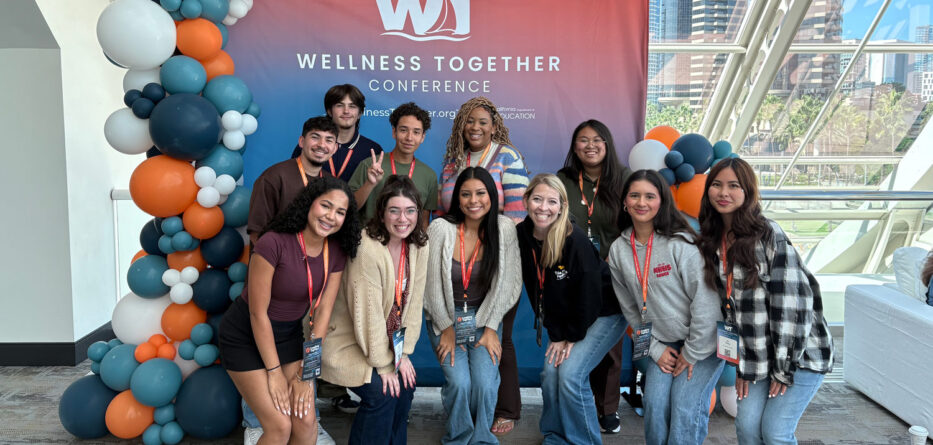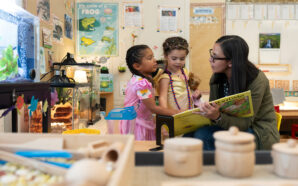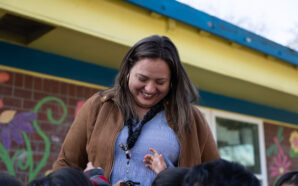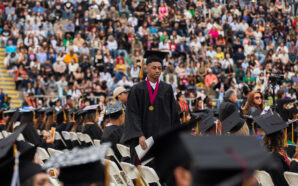A new peer support program is helping California teens deal with a multitude of challenges post-COVID, from social media to a charged political climate, plus demands at home and school.
The $8 million pilot program, funded by the state Department of Health Care Services, trains peer counselors to listen, recommend coping mechanisms and make referrals to higher levels of care.
Charlie Grenier, a counselor at Mission Hills High School in San Marcos who runs the program there, explained the difference it can make.
“I’ve seen kids come in crying. Maybe they’re stressed, overwhelmed, anxious,” Grenier recounted. “But then after they speak to a peer counselor, they see that there’s someone that connects with them and relates to them, and then the student leaves a lot lighter and happier.”
This is the second year of a three-year program, taking place at high schools in Antioch, El Cerrito, El Segundo, Grass Valley, Oakland, Phelan, San Bernardino and San Marcos. Students train for the first year, then start helping others in year two.
Shira Sweitzer, a teacher who oversees the program at Antioch High School, said 80 students are learning peer counseling, mediation, harm reduction and team-building skills. She noted the kids who become peer counselors really blossom.
“I watch them grow and find the joy and the purpose of helping other people,” Sweitzer observed. “And being able to be a part of building a stronger campus community.”
Raven Jones-McKinney, peer-to-peer youth mental health director for the Children’s Partnership, oversees the program.
“Peer support programs are a lifeline,” Jones-McKinney emphasized. “They’re also a proven intervention for mental-health support, specifically for the most marginalized groups.”
Jones-McKinney added teens these days are also feeling the effects of the Trump administration’s immigration raids, cuts to LGBTQ+ counseling on the 988 Suicide and Crisis Lifeline and cuts to federal programs overseeing special education.





